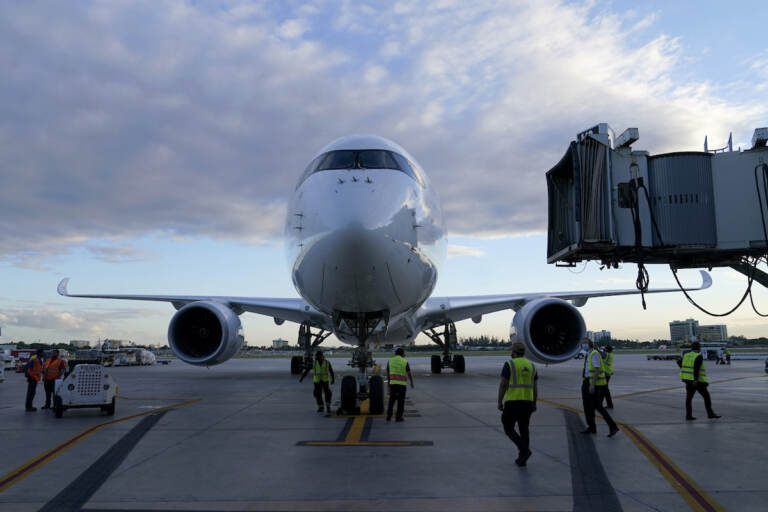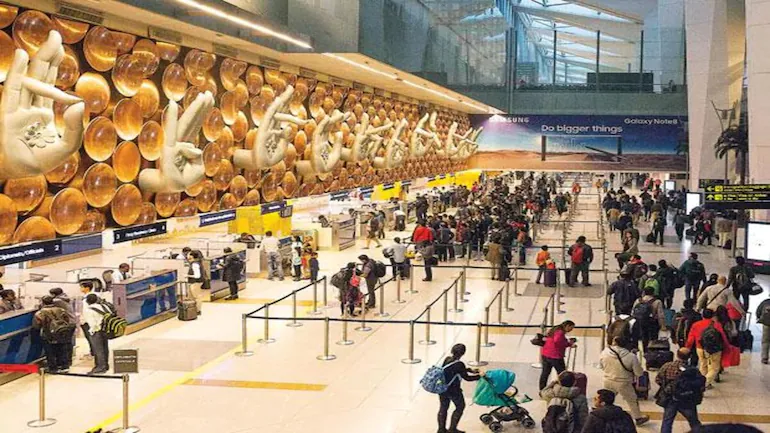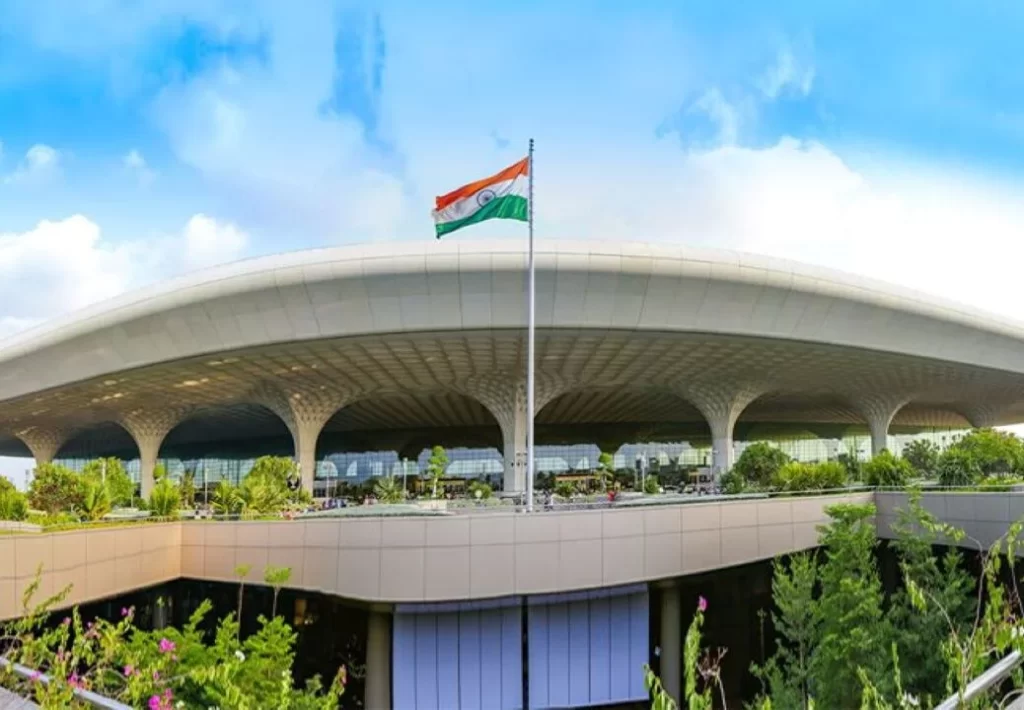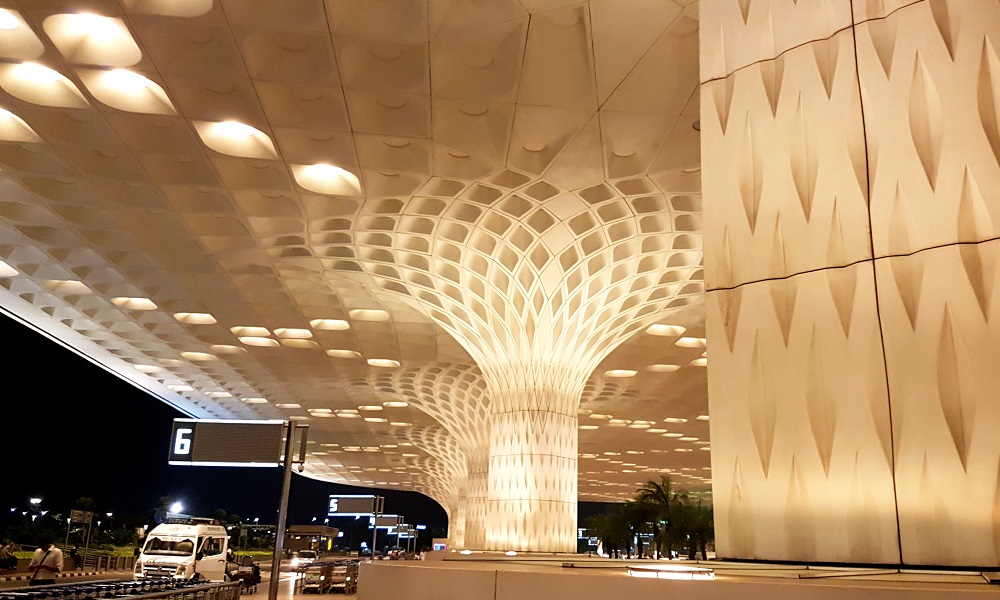The two busiest airports in India – Delhi, and Mumbai – are leading the way by upgrading their methods for passenger security checks. While Mumbai has introduced a new way for a smoother flow of movement at the airport, Delhi is conducting tests to replace conventional body scanning devices.
India is often viewed as having tremendous potential as an aviation market. Indeed, the last decade and a half have seen it grow by leaps and bounds, with airlines proliferating like never before. But what about the airports?

Indian airports
Yes, airports, too, have acquired a significant infrastructure increase, with several new ones emerging over the years and the older ones receiving major facelifts. But when it comes to introducing the new tech for their daily operations, Indian airports have some distance to cover.
However, the top two airports in the country by air traffic – Delhi and Mumbai – are gradually introducing changes that would, hopefully, pave the way for others to emulate.
Delhi International Airport Limited
On June 28th, Terminal 2 of Delhi’s Indira Gandhi International Airport (DEL) started trials of a complete-body scanner according to the directives given by the Bureau of Civil Aviation Security (BCAS). More than 80 airports in the country have been identified as sensitive by BCAS, and speaking about installing body scanners in these locations has been circulating for a while.
Delhi’s airport operator, the Delhi International Airport Limited (DIAL), has told that the trial will resume for 45 to 60 days and said,

“DIAL has installed a full-body scanner at the security check area for a trial. The trial will be conducted in real-time, i.e. travel will pass through the scanner during a security check before moving to the security hold area.”
During this phase, feedback from security personnel and passengers will be collected, and relevant authorities will then decide on the next course of action. The project has been postponed multiple times, with even the December 2022 deadline looking difficult to achieve.
The government has been considering installing body scanners for many years now. But several concerns connected to privacy, radiation, and false alarms have postponed the project over the years. DIAL CEO Video Kumar Jaipuriar told the scanners “will not invade passengers’ privacy during security checks and will hardly have any effect on their health.” After the completion of the trials and evaluation of results, DIAL will install more such scanners as per the BCAS directive
Also, read
- Indigo to start additional flights on three routes from July 1
- Programming error left American Airlines with 12,000 flights without pilots in July
- AAI inks agreement with the UP government to operate five airports
Mumbai airport
Almost the same period last month, Mumbai airport introduced an ‘Integrated Security Check Point’ for domestic and international passengers to cater to a smoother flow of activity at the airport.
First, for the country, the integrated security checkpoint will have all international and domestic passengers depart through T2, undergo common security clearance at Level 04, and move towards the designated e-gates.
Earlier, domestic and international passengers were checked at Level 3 and Level 4 of Terminal 2, respectively. But after integration, both domestic and international passengers will now move through any one set of e-gates installed at 5 different locations at the pre-security check area and will be separated via validation at another set of e-gates installed post-security check.

The airport has also established the Automatic Tray Retrieval System (ATRS) at the new Integrated Security Check Point, which can circulate 350 trays per hour. This is anticipated to quicken the processing time of passenger baggage checks and also bring down any manual intervention of the passenger or the employee.
Thank you
Stay updated with Aviationa2z.com
Join our Telegram group for the latest updates

